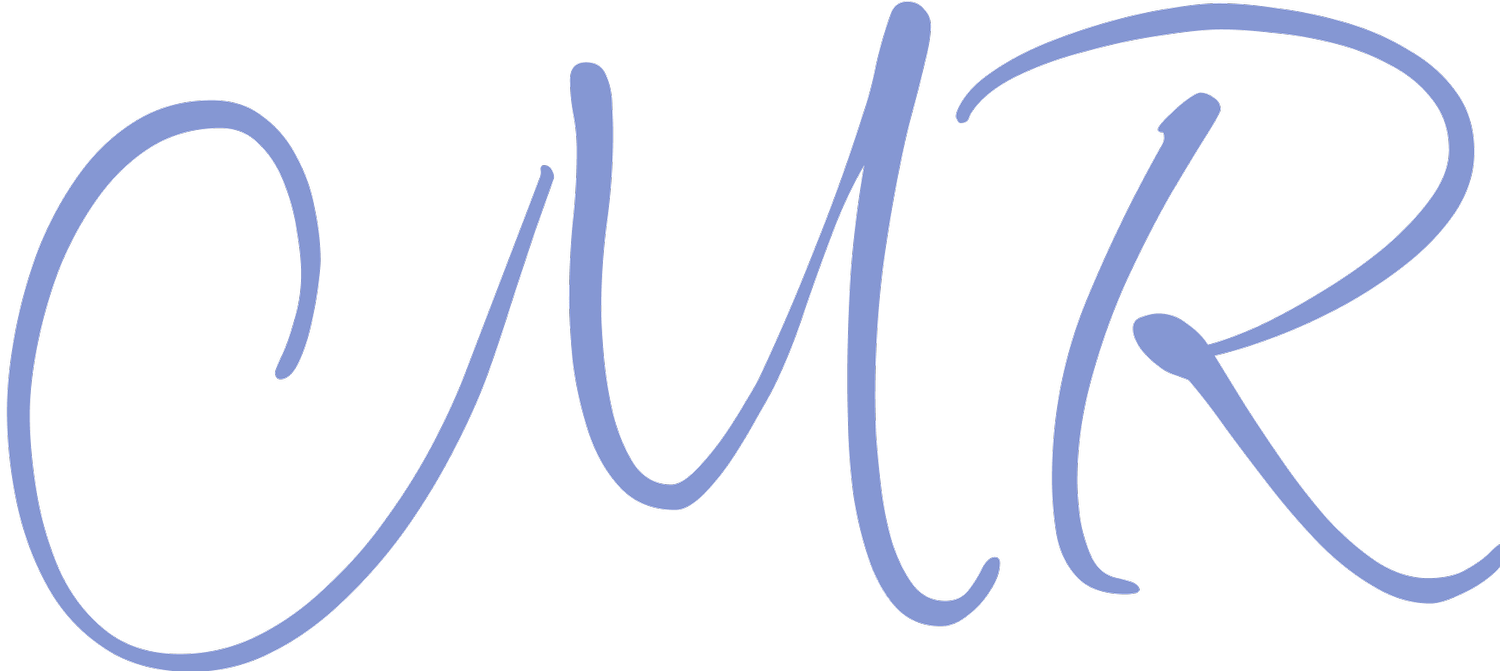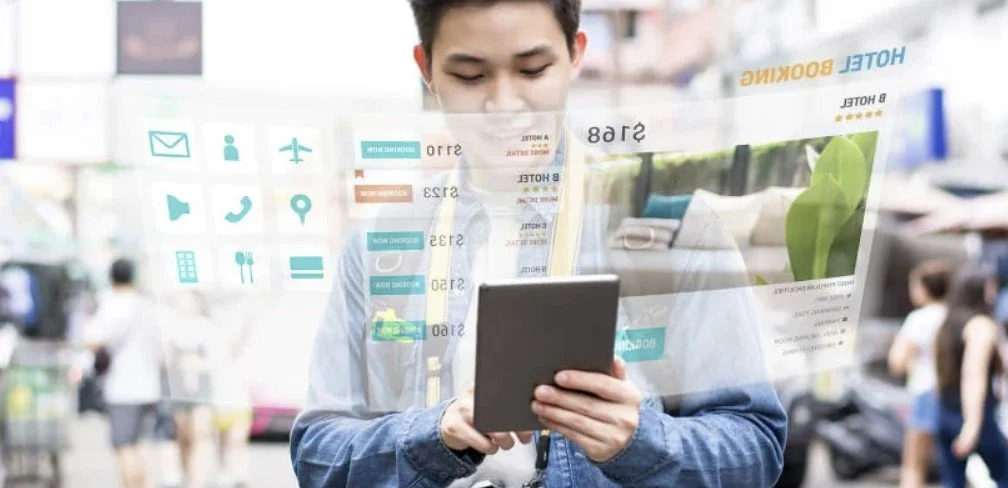Timeline: 8 Months
Timeline: 8 Months
Optimizing Search and Filter Interaction for Enhanced Property Discovery
“Understanding Users Behaviors when they use Search and filter Interaction"
My Role : AI Integration & UX Researcher
Timeline: Observational User testing / AI Integration with SM content /
Overview
Online property booking platforms like Airbnb, Trivago, and Hotel.com face challenges in helping users efficiently search for accommodations. Users often encounter poorly designed filter systems, leading to frustration and abandoned searches.
Problem Statement
The purpose of Udemy is to make education accessible and convenient for everyone, regardless of where they are or their background. It's all about providing a platform for people to learn and enhance their skills through online courses.
Users struggle with complex and inefficient search and filter designs while searching for hotels.
The Type search leading to frustration and abandoned searches.
During the search phase when users apply filters (e.g., price, location, amenities).
Especially challenging for advanced searches.
What
is the problem?
When
Does it occurs?
Lack of Filters and flexibility in filter design, Filters are Poorly categorized and hard to combine.
Not intuitive to use, Repetitive tasks (like reapplying filters) increase user frustration and cognitive load.
Why
It happened?
Guided Search: Offer prompts and suggestions to help users start searches efficiently.
Smart Filters: Suggest filters based on users’ past searches and preferences for a faster, personalized experience.
HOW
It can be fixed?

Research Objective
Enhance search and filter experiences on property booking platforms.
Reduce cognitive load and improve user satisfaction with Guided Search.
Develop efficient, user-friendly search and filter designs.
Research Goal
Identify user pain points in current search and filter systems.
Assess challenges in filter complexity, personalization.
Measure efficiency and time spent finding accommodations.
Improve user satisfaction by refining filter functionality.
Enhance Guided Search visibility for better engagement.
Target Audience:
Frequent and Business Travelers
Individuals who regularly use platform for booking stays and needing quick searches for work-related stays.
Advanced Search Users
Users looking for specific properties with Tailored filter and preferences (e.g., amenities, price range, location).
Tech-Savvy Users
Users who expect smooth, efficient, and intuitive interfaces with smart recommendations.
Budget-Conscious Travelers
Users applying price filters to find affordable yet comfortable options.
New Users
Users unfamiliar with search system.
Formulating a Preliminary Research Questions
Using the "PICO Framework"
P
Population
Users who are searching for properties.
I
C
"While users searching for properties (P), how does the implementation of Guided Search and Smart Filters (I) compared to the current search design System (C) impact search efficiency, user satisfaction, and cognitive load (O)?"
Preliminary Survey
A Framework / survey to understand the nature of users according to the objectives:
Users’ experience with current search and filter features.
Common pain points and challenges faced with existing filters.
Interest in features like personalized filters and smart recommendations.
Exploring and Understanding User Needs Through PICO Framework.
Have you used any hotel booking platforms before, how often book accommodations through these platforms?
How do you usually start your search when looking for a hotel or property, Do you use the filter feature to narrow down your search results?
Have you experienced any difficulties using the filters?
What specific issues do you face while using the filters, Do you feel that the filters available meet your needs when searching for a hotel?
Would you like the ability to customize your filters based on personal preferences?
Would you find smart recommendations (based on your previous searches or preferences) helpful?
How long does it typically take for you to find an accommodation that meets your needs using the current filters?
how satisfied are you with the current search and filter feature on hotel booking platforms?
What users do, Difficulty or issue in Filters, What They want?
Turning Priorities & Questions into hypothesis:
What we believe that…
For People….
Will achieve their…
Hypothesis Statement:
"We believe that enhancing the guided search prompt feature for people using property booking platforms will allow them to achieve greater search intuitiveness and engagement. This improvement will lead to a more seamless user experience, ultimately increasing efficiency and satisfaction."
Intervention
Enhancing search and filter interactions
Comparison
Current search and filter design.
O
Main key points came from Preliminary survey:
Guided search prompts make the search process more intuitive.
Customizable filters allow users to create more efficient and flexible searches.
Smart filters based on user preferences improve search accuracy and reduce the time needed to find the right property.
Outcome
Current search and filter design.
Guided search
we need to understand Search intent.
Before understanding
Search intent
Guided Search
Search intent is the attempt to understand, what is the goal of the searcher based on the query. do they want to buy? do they want cheap price? are they willing to buy something expensive?
Informational Intent:
Someone looking to find general/high-level information
Transactional Intent:
Someone who has decided to act and is looking for a particular specification
Commercial Intent:
Someone who is interested or knows what they want and is looking for more detailed information
Navigational Intent:
Someone looking for information from a specific thing or place
Guided search is a way of helping users find what they’re looking for by giving them step-by-step options or prompts, making the search process feel more straightforward and less overwhelming.
Framework Used in Guided Search DART framework:
Discover:
The site understands what you want based on your search or past activity.
Refine:
You narrow results with specific filters.
Assist:
It suggests helpful filters or popular options
Tailor:
Results are customized to your preferences
Test Methodology
Analysis Focuses on
Comparative User Testing
Confused User
They were thinking while clicking on any particular thing
Visual User
They clicks where they see graphics
how a user was using the website, When they were given a task and what they felt.
Guided Search
TASK Format: The survey consists of two parts:
Interactive Task-Based Observation
Visual/Questionnaire-Based Survey
Techy user:
They know how to use Filter and what is better
Type of Searches
Scenario A: Guided Search (step-by-step interface). BOOKING.COM
Task 1: Open Booking .com and Find a hotel for a Trip in Las vegas which should be pet friendly and Budget $400.
Scenario B: Type Search (traditional search bar). TRIPADVISOR
Task 2: Open TRIPADVISOR and Find a hotel for a Trip in Las vegas which should be pet friendly and Budget $400.
Confident Users:
he knows what he wants, and he has his own way to search
Type Search
Archetype: Type of Users
This analysis Focuses on how a user was using the website When they were given a task and then what they feel.
Briefly Describe Current and Proposed Feature
1. Current Course Features
2. Proposed Course Feature “ QUIZ”
To Fill The Gap
On Udemy, courses come with various features like Q&A, announcements, reviews, notes, overviews, and learning tools. Each section of the course content is briefly described,
On the right side of the interface, giving learners an idea of what they'll learn.
About Feature :
Each course section has a quiz.
Completing a quiz earns you 5 points.
Points convert into discounts for future courses.
Example: Completing 25 sections earns 125 points.
125 points equals a $6.25 discount on your next course.
Discounts are automatically applied to the next course purchase.
Benefits :
Increased Engagement: Motivates students to complete quizzes and interact with the app.
More Purchases: Encourages buying more courses to use earned discounts.
Track Progress:
Points and quiz scores help students see their learning progress and success rates.
This system boosts user engagement and educational outcomes, making learning rewarding and effective.
Task 1 : Find recommendation/personalization /career goal on Home page
Task Performed
Task 2 : Can you search for “Figma Web Design course “ and get a overview and after that can you buy it ( un paid )
Task 1 : Find recommendation/personalization /career goal on Home page
Task 3: Can you go on the course that you just purchased ... click on that.
Task 2 : Can you search for “Figma Web Design course “ and get a overview and after that can you buy it ( un paid )
Task 3: Can you go on the course that you just purchased ... click on that.
Usability Finding /Analysis
Task
Can users easily find and complete quizzes, see their progress and points?
Are users satisfied and motivated with the points system, and what are their opinions on earning and using points for course discounts?
Your user think this will encourage course completion and increased course purchases for users?
Remote Testing Dynamics
Utilizes Zoom for virtual interaction, enabling participants to access the website in their familiar settings.
Mimics real-world usage, offering a realistic evaluation of the website's usability.
Participants &Testing Environment
How did we conduct our tests?
Technical Requirements
Specified necessary equipment like a stable internet connection, computer or mobile device, and Zoom access.
Ensures all participants can effectively engage in the test without technical hindrances.
Ensuring Comfort and Openness
Created a relaxed environment, encouraging honest feedback.
Aims for genuine interactions with the website, vital for authentic usability insights.
Success rate
Conclusion
The points and rewards system aligns with Udemy's mission to make education accessible and convenient.
It boosts user engagement by simplifying quiz completion, progress tracking, and redeeming discounts.
Users are satisfied, motivated to complete more sections and courses, and show increased quiz and course completion rates, enhancing overall learning outcomes.
This feature effectively supports user engagement and educational success on the platform.
Click Here to View 1-page Brief of IA Udemy Redesign
















